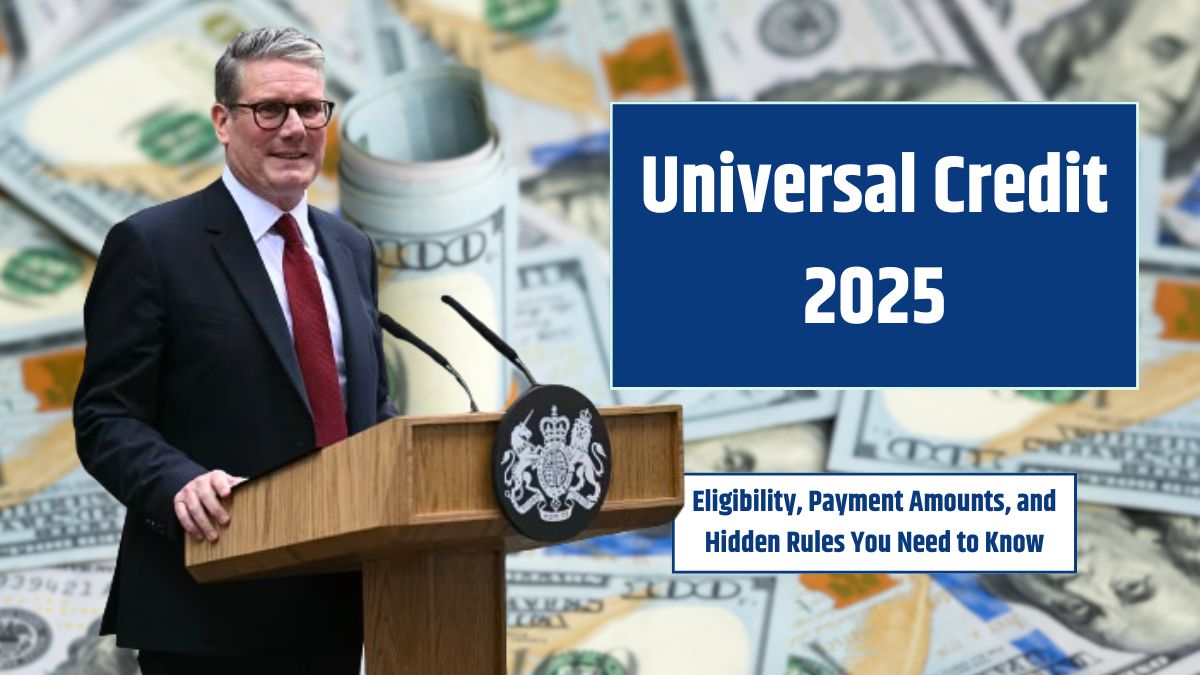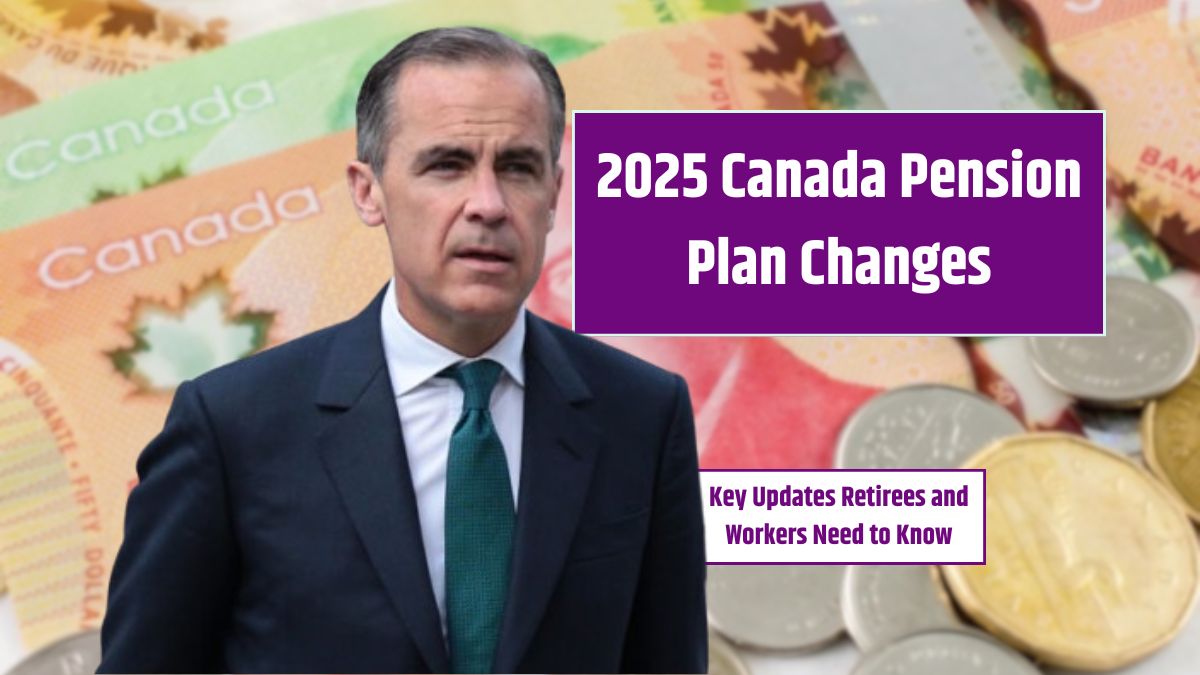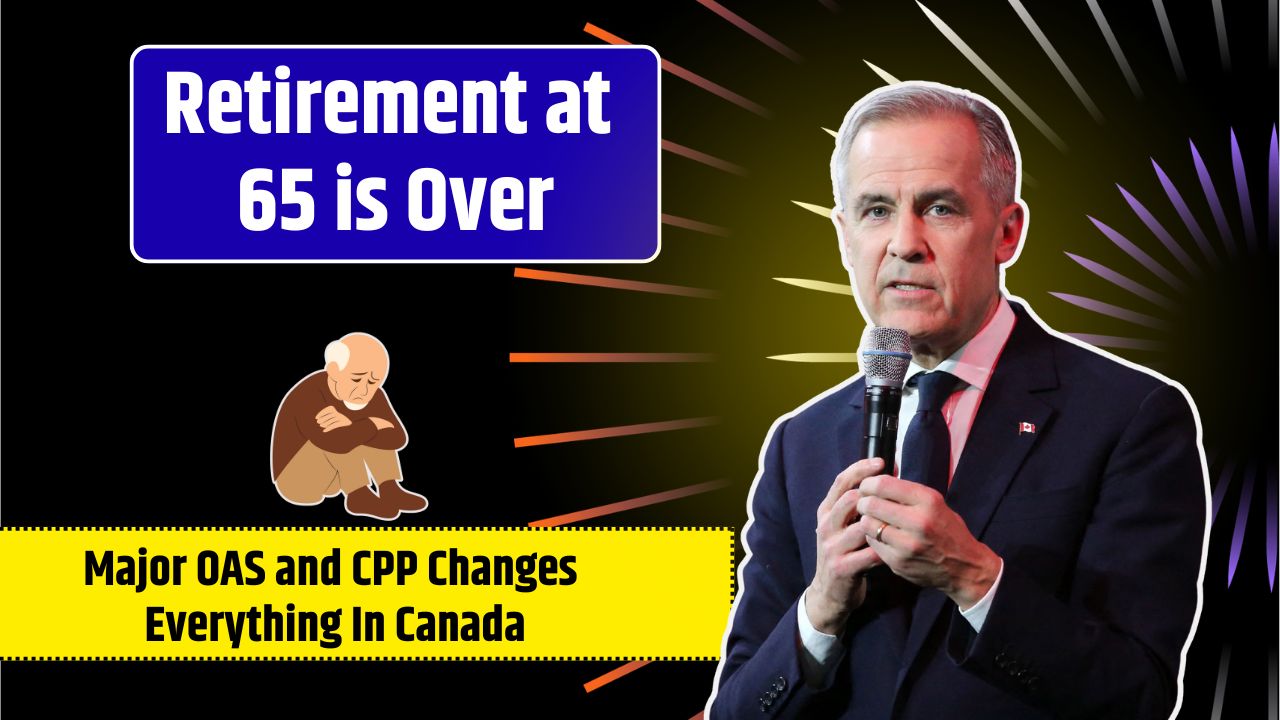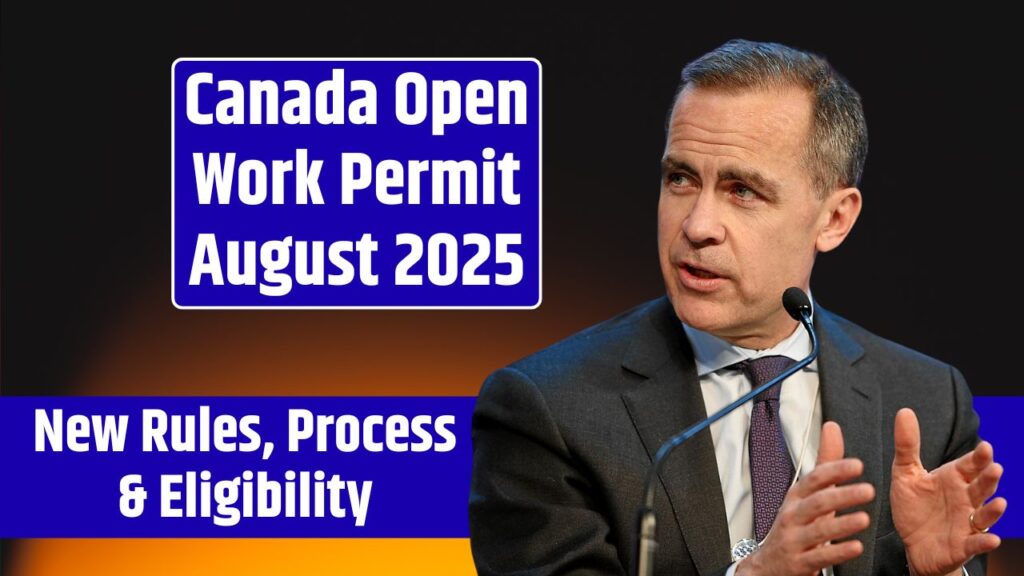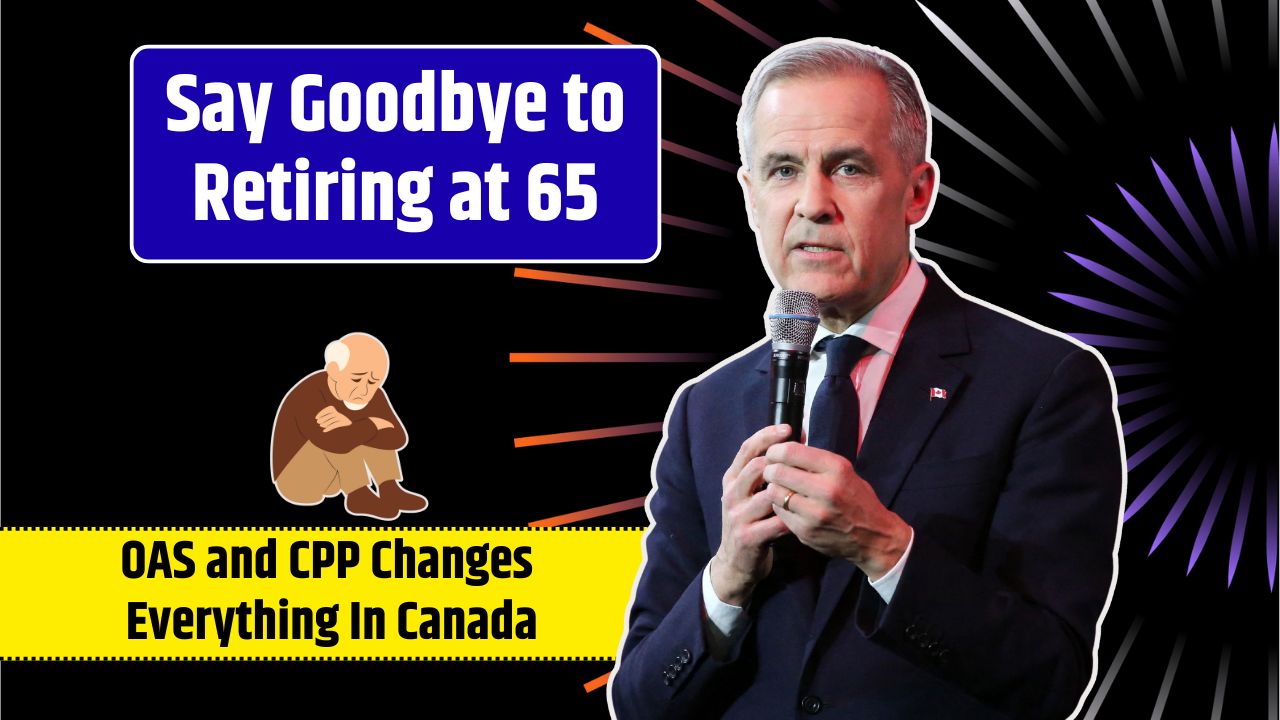Universal Credit in 2025 continues to be a lifeline for millions across the UK. Whether you’re out of work, on a low income, or facing hardship due to health conditions, this monthly benefit could help you manage essential expenses. With some key changes introduced this year—including reduced repayment deductions, updated support schemes, and migration from legacy benefits—knowing your options has never been more important.
This guide simplifies everything you need to know, including eligibility, payment amounts, hidden rules, and how to avoid common mistakes.
Table of Contents
Overview
| Topic | Details |
|---|---|
| Eligibility | UK residents 18+, under State Pension age, with low income and under £16,000 in savings |
| Standard Monthly Rates | Single (under 25): £316.98; 25+: £400.14; Couples: £497.55 to £628.10 |
| Extra Elements | For children, disability, housing, carers |
| Loan Support | Budgeting Advance: Up to £812 interest-free |
| Repayment Cap | Reduced to 15% of UC payment |
| Migration Deadline | Legacy benefit users must switch by Sept 2025 |
| Cost-of-Living Help | £800 total in three instalments |
| Apply At | gov.uk/universal-credit |
What Is Universal Credit?
Universal Credit (UC) is a monthly payment from the Department for Work and Pensions (DWP) that replaces six older benefits. These include:
- Income Support
- Housing Benefit
- Child Tax Credit
- Working Tax Credit
- Income-based Jobseeker’s Allowance (JSA)
- Income-related Employment and Support Allowance (ESA)
It’s meant to simplify the welfare system and provide financial help based on your needs in a single payment.
Who Can Claim Universal Credit in 2025?
You can apply if you:
- Live in the UK
- Are 18 or over (some 16–17-year-olds may qualify)
- Are under State Pension age
- Have less than £16,000 in savings
- Are unemployed, working part-time, or self-employed
Special Cases:
- Students with disabilities or children may be eligible.
- Carers and those with limited capability to work may also qualify.
- Your partner’s income and savings are considered if you live together.
How Much Will You Get?
| Situation | Monthly Payment |
|---|---|
| Single under 25 | £316.98 |
| Single 25 or over | £400.14 |
| Couple under 25 | £497.55 |
| Couple 25 or over | £628.10 |
Extra Elements:
| Element | Amount (Monthly) |
|---|---|
| First child (born before July 2017) | £333.33 |
| Other children | £287.92 each |
| Disabled child addition | £146.31 or £456.89 |
| LCWRA (Limited Capability for Work and Work-Related Activity) | £416.19 |
| Carer element | £185.86 |
| Housing element | Varies by rent and area |
Budgeting Advance
Need urgent funds for things like home repairs or a funeral? You can apply for a Budgeting Advance, which is a no-interest loan from the DWP.
| Situation | Maximum Loan |
|---|---|
| Single | £348 |
| Couple | £464 |
| With children | £812 |
You’ll repay the loan through monthly deductions from your UC, usually over 24 months.
2025 Policy Updates
In 2024, the DWP could deduct up to 25% of your monthly UC for things like advance loans or rent arrears. That cap is now reduced to 15% in 2025, giving you more breathing room.
Managed Migration Deadline
Still on legacy benefits? You must switch to Universal Credit by September 2025. If you receive a migration letter, you’ll have 3 months to make a claim, or risk losing support.
£800 Cost-of-Living Payment
To support low-income households, the government is issuing three tax-free payments totalling £800:
- £300 in spring
- £300 in summer
- £200 in autumn
You must be receiving a qualifying benefit (like UC or Pension Credit) during the reference periods to be eligible.
Real-World Examples
Emma works part-time earning minimum wage. She receives:
- Standard allowance: £400.14
- Child element: £287.92
- Housing element: £520
- Budgeting Advance: £300
Total UC: Around £1,200/month, helping Emma balance work and childcare.
Paul & Lisa, Disabled Couple
Paul and Lisa both have long-term health issues. Their monthly UC includes:
- Couple rate: £628.10
- LCWRA (x2): £832.38
- Housing element: £660
Total UC: Over £2,100/month, which helps cover rent, medication, and basic needs.
How to Apply for Universal Credit
Applying is simple and free:
- Go to: https://www.gov.uk/universal-credit/how-to-claim
- Create an account and fill in your details
- Provide documents (ID, NI number, rent agreement, bank details)
- Book and attend a Jobcentre interview
- Wait up to 5 weeks for your first payment
You’ll receive a monthly payment (except in Northern Ireland where it’s bi-weekly).
Mistakes That Could Cost You
- Not updating income changes: Could lead to overpayments and penalties.
- Missing deadlines on migration letters: Payments could stop entirely.
- Under-reporting savings: Includes ISAs, joint accounts, and property shares.
- Missing appointments: Could trigger sanctions and benefit cuts.
FAQs
Who is eligible for Universal Credit in 2025?
UK residents aged 18+, under State Pension age, with under £16,000 in savings.
How much is Universal Credit monthly?
From £316.98 to £628.10, plus extra if you have children, disabilities, or housing costs.
Can I work and still get Universal Credit?
Yes, but your UC amount may reduce based on how much you earn.
What happens if I ignore my migration letter?
You could lose your benefits if you don’t apply within 3 months.
What is the 2025 cost-of-living support?
Three payments totalling £800 for eligible UC claimants.

